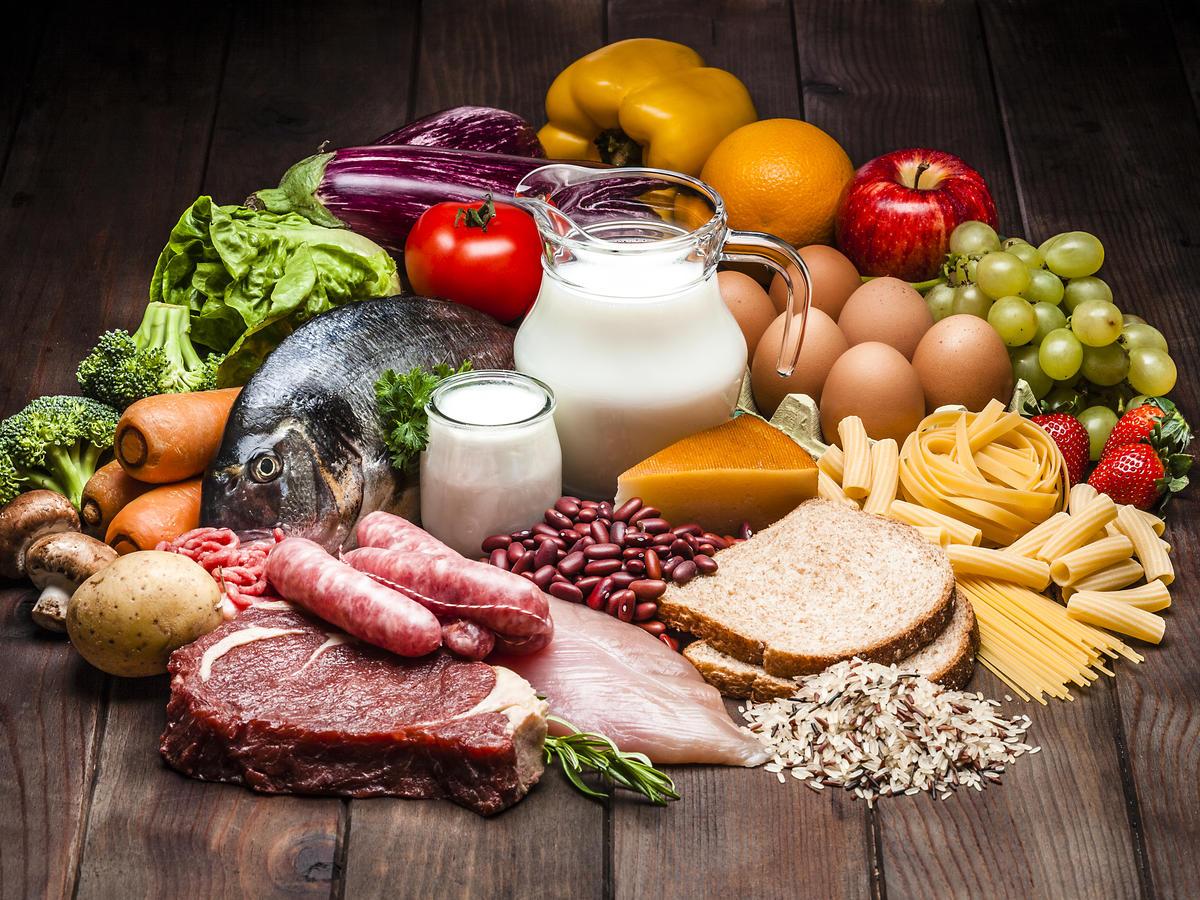Africa-Press – Botswana. In 2020, as Botswana had just registered its first cases of Covid-19, an analysis by the Food and Agriculture Organisation (FAO) noted that 64.5 percent of Batswana cannot afford a healthy diet.
However, their 2021 analysis paints a much grimmer picture of the pandemic’s harm on the affordability of a healthy diet in the country.
“While it is not possible to update estimates to 2020 at this time, the number of people who cannot afford a healthy diet is likely to have increased due to the compounding effects of inflation in consumer food prices and income losses, stemming from the economic impacts of the Covid-19 pandemic and the measures put in place to contain it,” states FAO in their 2021 State of Food Security and Nutrition in the World.
While they did not specifically mention Botswana, FAO also notes that if the rising food costs are not matched by rising income, this could result in more people being unable to afford healthy diets. “Moreover, wider problems in the economy, such as economic slowdowns and downturns that lead to increases in unemployment and declines in wages, could result in more people finding healthy diets unaffordable, irrespective of price trends,” states part of the report.
According to FAO a nutrient-adequate diet (a balanced diet which contributes to achieve or maintain a good state of health) costs P23.31 a day which is more than the international poverty line currently set at P20.89 a day. This means a sizeable number of Batswana cannot afford the nutrition-adequate diet even if the entire income is spent on food. In their last report, they stated that 32.8 percent of household income is channelled towards food expenditure. And while Covid-19 may be far from over, it is increasingly becoming clearer that the pandemic is expected to pose nutritional risks to Botswana in the short and long term. Prior to the pandemic, Botswana was already struggling with a double burden of malnutrition extremes.
According to the World Health Organisation (WHO), a healthy diet “helps to protect against malnutrition in all its forms, as well as non-communicable diseases (NCDs)”. It also provides the body with essential nutrition such as fluids, macronutrients, micronutrients, and adequate calories and helps to improve overall health.
Among other things, FAO says that “One study using modelled estimates of changes in income in 63 low- and middle-income countries (total population of 3.5 billion) points to a deeper affordability gap in 2020 due to the Covid-19 pandemic, putting healthy diets even further out of reach. The analysis suggests that the pandemic led to an additional 141 million people being unable to afford a healthy diet in the countries studied.” They also add that the number of people unable to afford even half the cost of a healthy diet was also estimated to have risen from 43 percent to 50 percent. Studies conducted by the International Food Policy Research Institute (IFPRI) highlight that that nutrient-rich non-staple foods are ten times more expensive than staple foods in most poor countries. With reduced incomes necessitated by the pandemic, most households will transition to buying the cheapest calories to eat—the aim being to maintain quantity and not quality. As a result, anaemia, stunting, wasting and other nutritional deficiencies are highly likely to surge.
For More News And Analysis About Botswana Follow Africa-Press






